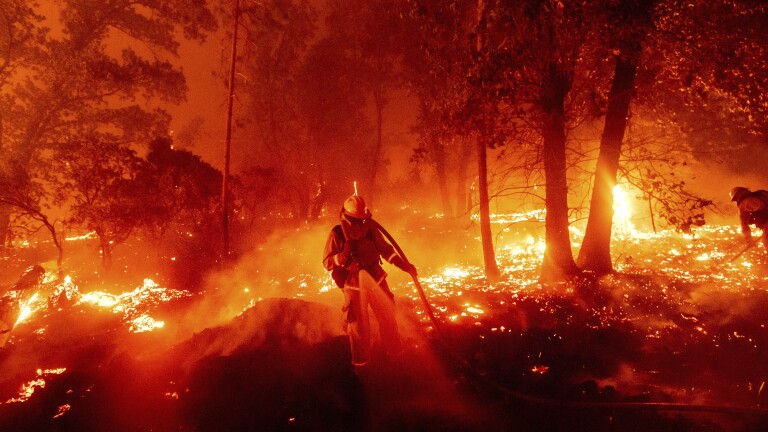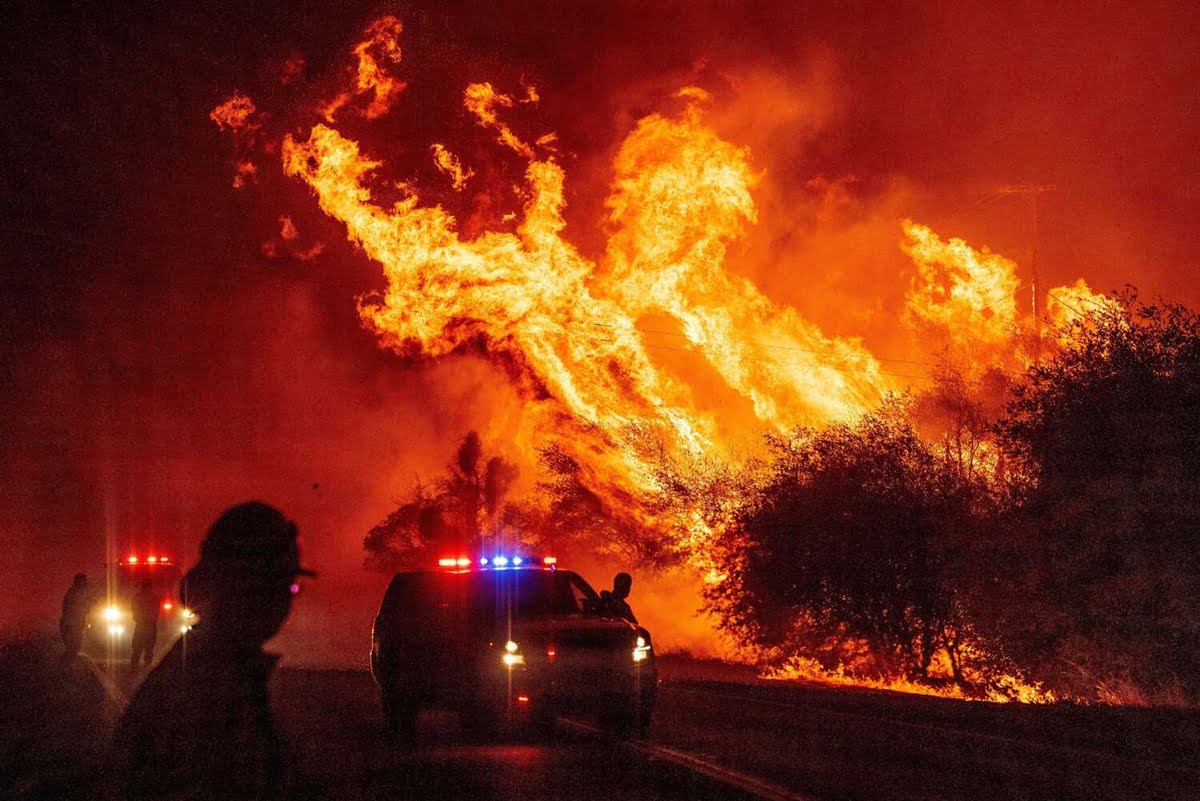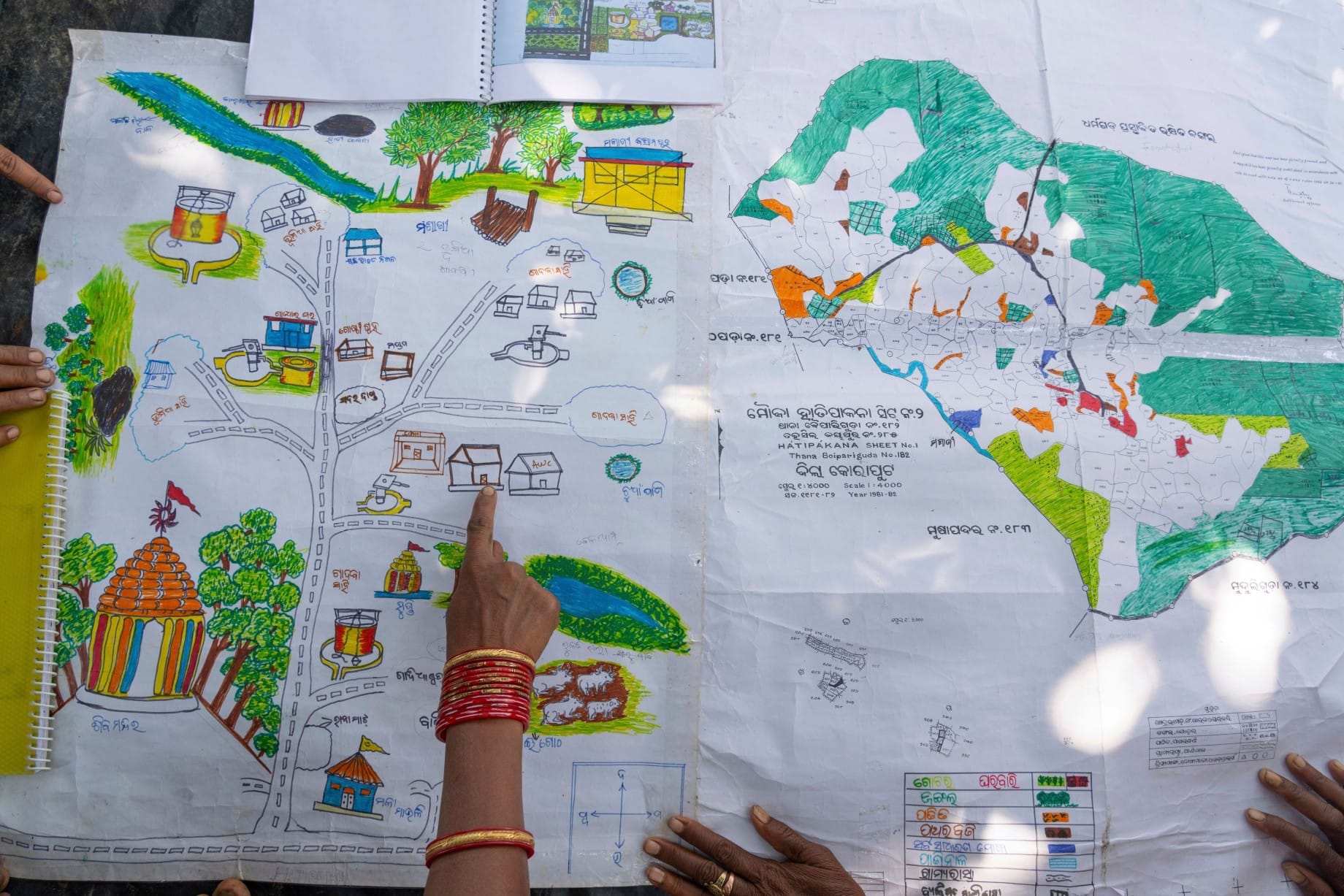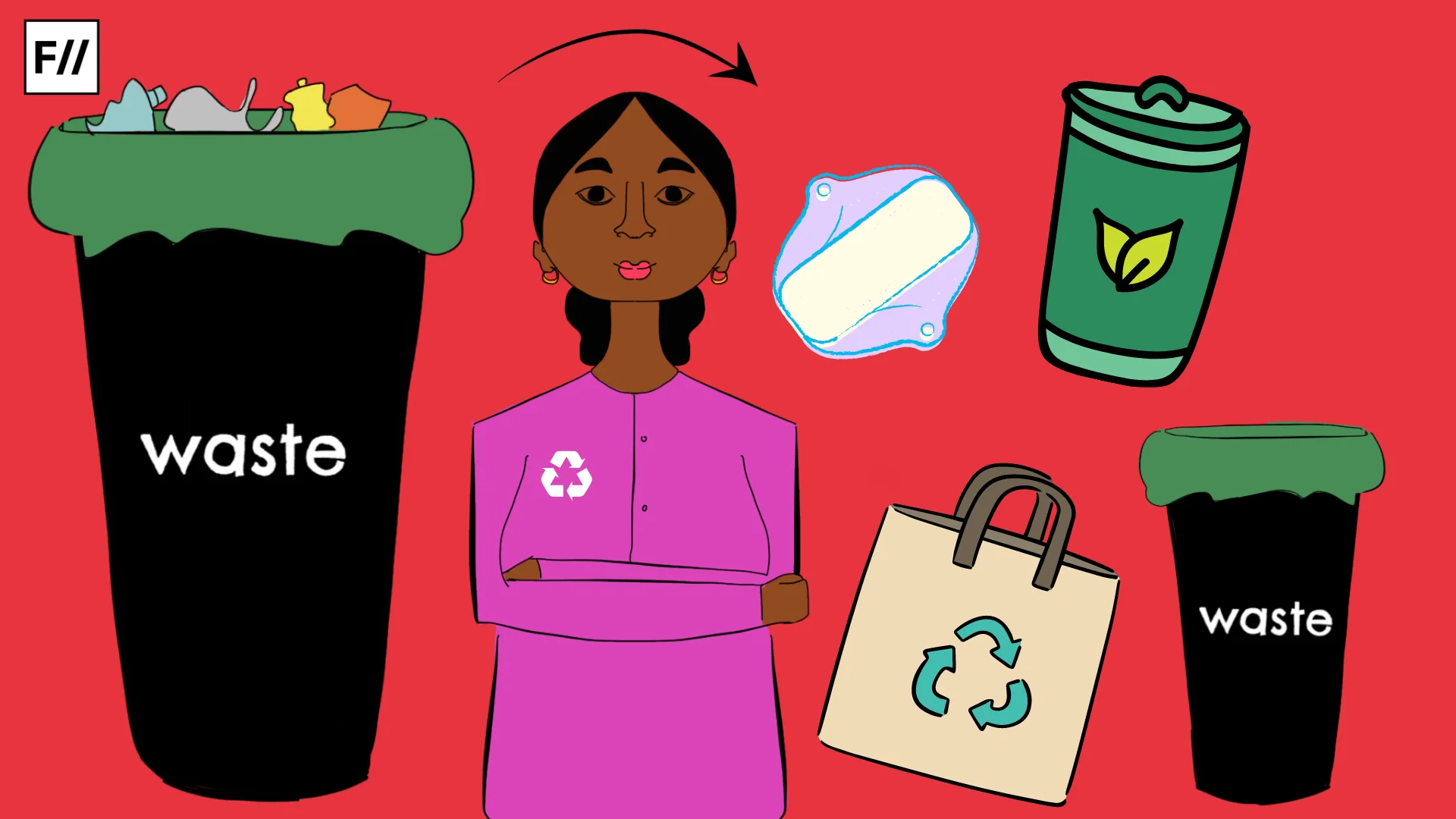When it comes to experiencing scorching heat, parts of the Middle East, Siberia and now California have witnessed the worst of what was already a sweltering summer. With temperatures touching 52 degrees Celsius in Iraq, fires tearing through Siberian boreal forests, the outbreak of wildfires in California and parts of the region claiming the record for the ‘hottest place on earth’, it is starting to become clear that we are facing arguably the most dangerous consequence of climate change: heatwaves.
Heatwaves are becoming more frequent and severe in many parts of the world. This comes as no surprise since research has shown that extreme dry events such as heatwaves are a direct consequence of greenhouse gas emissions and historical global warming. Weather attribution studies find that heatwaves are 10 to 100 times more likely to occur now than they did in the 19th century, before the industrial revolution.
Also read: Women Rising—Exploring Women’s Agency In Combating Climate Change
With temperatures touching 52 degrees Celsius in Iraq, fires tearing through Siberian boreal forests, the outbreak of wildfires in California and parts of the region claiming the record for the ‘hottest place on earth’, it is starting to become clear that we are facing arguably the most dangerous consequence of climate change: heatwaves.

Heatwaves Are A Human Rights Issue
Heatwaves are a significant cause of concern not only because of their broader climatic and biophysical implications, but because they are inevitably a human rights issue. A 2019 report by the UN suggests that the world is at risk of experiencing a ‘climate apartheid’ wherein the divide between the rich and poor is widening at an egregious pace, making it especially hard for poor and marginalised communities to adapt to changing climates. “Climate change will undo the last 50 years of progress in development, global health and poverty reduction,” the report said.
As accessibility to resources starts to diminish for poor communities, especially in the global south, it is concerning to witness how resource scarcity coupled with intense heatwaves will affect the general wellbeing of millions. “Climate change, in particular a rise in global temperatures, threatens the basic survival and welfare needs of people around the world, including access to water, food production, health, and the use of land.” a report by the Stockholm International Peace Research said.
By virtue of being detrimental to human wellbeing, researchers have found that extreme heat events and heatwaves have a significant role to play in exacerbating individual aggression, gender-based violence, and armed conflict.
Aggression And Armed Conflict
Currently, there is plenty of literature linking individual aggression with higher ambient temperatures. Studies have found that physical aggression, irritability and tempers are more pronounced in hotter ambient temperatures, making violent crimes more likely as temperatures rise in parts of the world. Gender-based violence, which includes domestic violence, sexual assault, rape and forced prostitution, is also predicted to rise, especially in more impoverished communities where patriarchal norms are deeply embedded.
Instances of forced child marriages have been linked to resource scarcity as a result of increasing temperatures in developing countries. In Malawi, for example, young girls are forced into marriages in exchange for essential resources which leaves them susceptible to violence. Often, women and girls in poor communities are burdened with fetching resources for their household. As heat events such as heatwaves get more intense and water bodies start to dry up, women become more exposed to the negative health effects of heat. They also become more vulnerable to sexual violence as a result of being forced to travel greater distances for water and other resources.

There has been much debate about whether heat events such as heatwaves has the potential to instigate armed conflict. Some studies strongly indicate that there is a risk of armed conflict after a climate disaster; however, this is more likely in parts of the world where there is existing social exclusion and inequality. “The relationship is highly conditional, occurring in countries with a history of ethnic exclusion, low levels of human development and large populations.”
There has been much debate about whether heat events such as heatwaves has the potential to instigate armed conflict. Some studies strongly indicate that there is a risk of armed conflict after a climate disaster; however, this is more likely in parts of the world where there is existing social exclusion and inequality.
According to a recent study, parts of South Asia, especially some of the poorest parts of India will be completely uninhabitable in the future if the current ‘business as usual’ scenario continues. This is because humans thrive in a specific temperature range called the ‘human climate niche’. As temperatures rise above this acceptable climate niche, human wellbeing, along with food and water resources, starts to diminish, which could initiate armed conflict along with large scale displacement.
It is well known that instances of rape are common in conflict zones. When resources run out, conflicts are more likely, and women and children’s bodies often become the sites of such communal violence. Additionally, climate change-induced migration due to uninhabitable conditions and resource scarcity can make women and young girls vulnerable to trafficking. A report by the UN states that one in five women who are displaced due to climate-related disasters have experienced sexual violence.
Not All Is Lost
There is no gender justice without climate justice and vice versa. To mitigate rising inequalities, especially in adapting to warmer temperatures and extreme weather events such as heatwaves, it is important to develop climate policies that include voices from vulnerable communities and emphasise a thorough gender analysis. Current climate policies lack such inclusivity which is why they have been terribly inadequate thus far. The draft EIA 2020 for example, is proof of the fact that policy discourse in India has consistently worked against vulnerable communities.
As heatwaves, floods and droughts become more recurrent in India, equitable resource availability and human wellbeing should top the list of priorities. It is up to government policies and other stakeholders now, to shift focus from working in favor of a privileged few to working in the favor of the vulnerable majority.
Tanishka is a graduate from Mount Holyoke College with a BA in Biology and Environmental Studies. She is passionate about political ecology and likes to write about pressing environmental issues in South Asia using a political ecology lens. After graduating from Mount Holyoke, she travelled to Israel, Jordan and Palestine (West Bank) to research energy poverty in the region. Prior to that, she worked for the Center for Science and Environment on air pollution policy in one of the most polluted cities in the world- New Delhi. Currently, she is conducting research on improving the health and well-being of fishing communities in Orissa. Some of her hobbies include playing squash, re-watching episodes of Planet Earth and indulging in some Anthropocene fiction/film/art. She can be found on Twitter and LinkedIn
Featured Image Source: The New York Times




